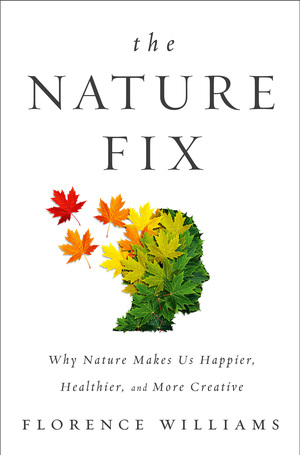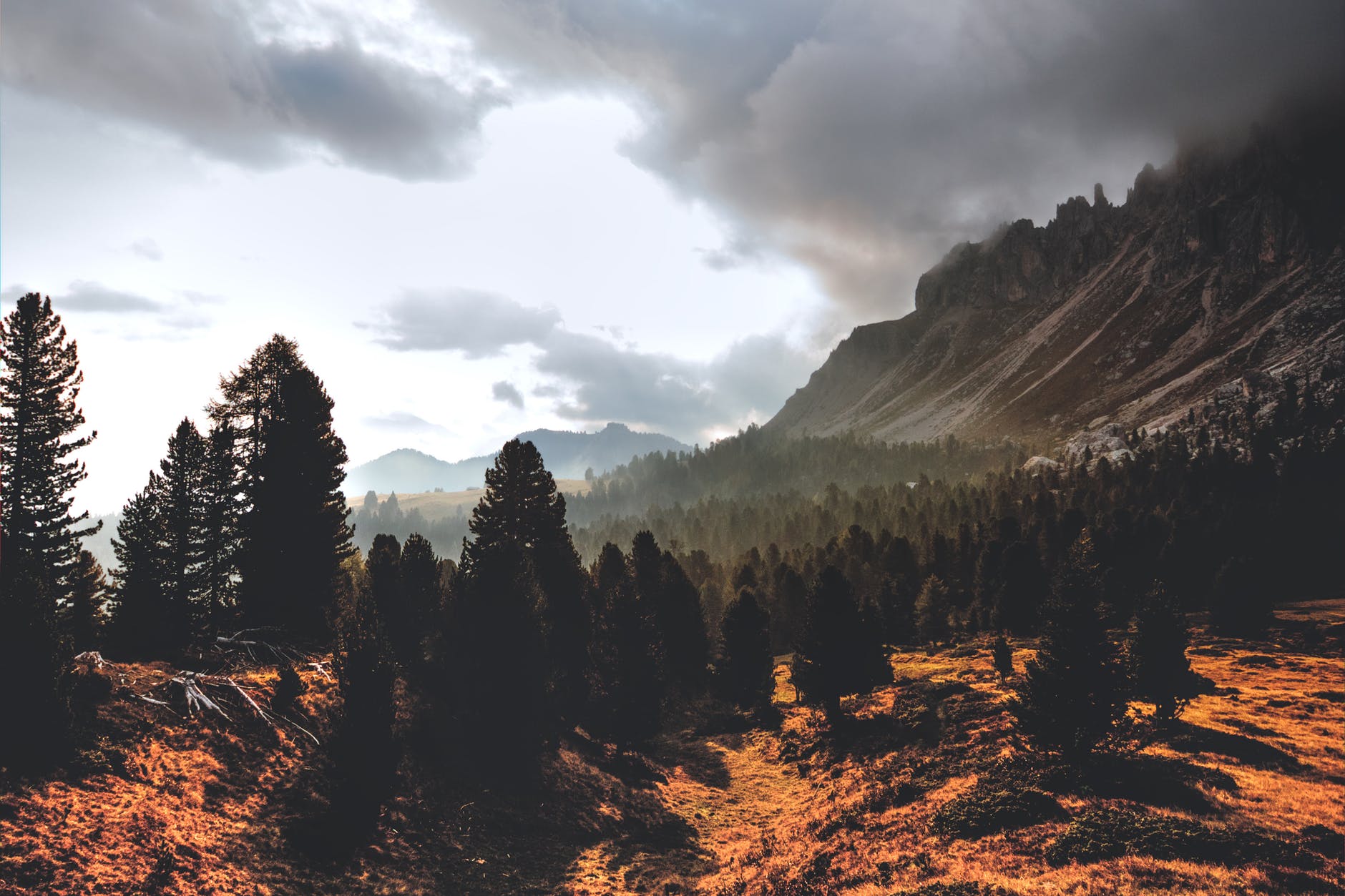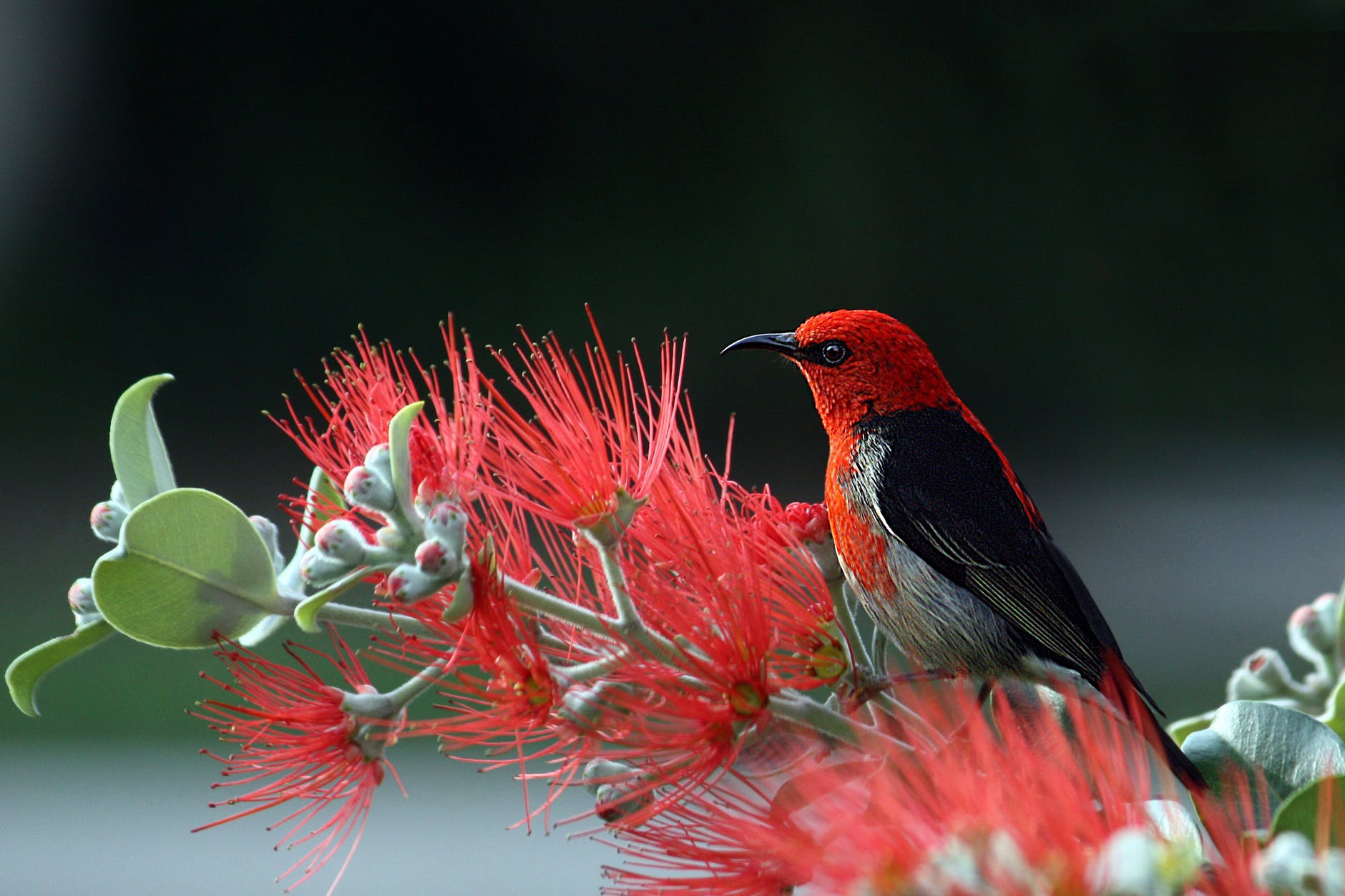
Photo by Jeremy Bishop on Pexels.com
The first thing you need to acknowledge when looking at solarpunk is that the world is on fire. The last few centuries of human development have taken a growth-at-all-costs approach to building up human society, and unfortunately, the bill is due. Solarpunk began as an attempt to imagine a brighter future wherein humans managed to transcend our current predicament and come out better for it on the other side. What began as a smattering of neat drawings and inspirational ideals is slowly coalescing into a movement to take back the Earth from the powers that would see it smolder.
Where is the punk in solarpunk? It’s in direct action to oppose ICE and police violence. It’s in the community energy coop putting solar panels on their roofs to save money. It’s the guerrilla gardeners throwing seed bombs into fenced-off abandoned properties. It’s in the schools where transgender students are welcome in the bathroom of their choice. It’s in the makerspace where people are finding ways to repurpose waste into useful and beautiful items. It’s remaking society into that hopeful future. The punk of solarpunk is in the now. The solarpunk future won’t happen without a concerted effort by a lot of people to fight the status quo and the powers keeping things that way.
Solarpunk doesn’t have one encompassing political or aesthetic vision. I think the most cohesive elements though are equity, environment, and appropriate technology. Equity is more complicated than simple equality, as it requires us to make sure everyone has what they need, which may not be the same exact thing as demanded by equality. For example, living with disabilities is more expensive and results in most disabled individuals having poor economic outcomes. While the exact method of providing an equitable society is something that will need experimentation, that goal is one of the central tenets of solarpunk.
Keeping the environment in mind as a stakeholder in all decision-making processes is another important theme in solarpunk. From the name, you can tell that solarpunk prefers a renewably-powered future, but reducing plastic waste, air and noise pollution, and waste are also environmentally-motivated goals of the solarpunk community. We’ve only got the one planet, so let’s make sure to keep Mother Earth in good shape. She doesn’t need us, but we need her desperately.
Appropriate technology is the idea that we don’t necessarily need “smart” everything in our lives. While solarpunk doesn’t eschew technology like some primitivists, solarpunk is interested in only using the appropriate level of technology for the task at hand and not making technology for technology’s sake alone.
If you’re concerned about climate change or the growing march of fascism across the globe, you might already be a solarpunk and not know it. To learn more check out the Scuttlebutt social network or look for #solarpunk on Mastadon or Tumblr. If you have any questions feel free to use the contact form on this website or comment below.







